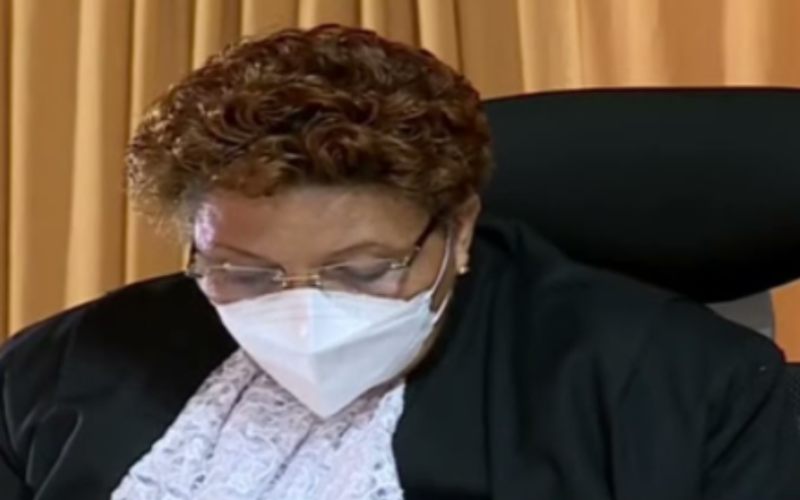×
The Standard e-Paper
Fearless, Trusted News

Court of Appeal judge, Justice Fatuma Sichale, says the proposed constitutional amendment process (BBI Bill) was largely initiated by the Executive and not the people who are the constitutional decision-makers.
While giving her judgement on the BBI Appeal case alongside six other judges, Justice Sichale said the proposals by the BBI secretariat co-chairs should have been done via a parliamentary process, which she adds is the route of popular initiative.